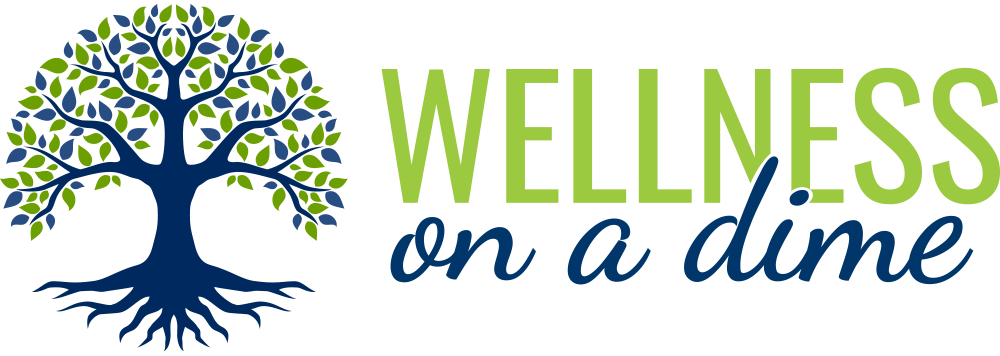 You constantly hear about drinking enough water to avoid dehydration, but few people discuss the potential danger of overhydration and the effect it can have on blood pressure. What is overhydration? It can occur in two ways. You either drink too much water than your kidneys can excrete or retain water, so there’s too much in your body. Most healthy people that tend to overhydrate are healthy people like marathon runners who try to ensure they’re adequately hydrated. One of the biggest concerns is the electrolyte balance and low levels of sodium.
You constantly hear about drinking enough water to avoid dehydration, but few people discuss the potential danger of overhydration and the effect it can have on blood pressure. What is overhydration? It can occur in two ways. You either drink too much water than your kidneys can excrete or retain water, so there’s too much in your body. Most healthy people that tend to overhydrate are healthy people like marathon runners who try to ensure they’re adequately hydrated. One of the biggest concerns is the electrolyte balance and low levels of sodium.
Dehydration can cause blood pressure to drop, then spike.
There’s a fine balance between dehydration and overhydration. If you have too little water in your system, it can cause blood pressure to drop, then steeply rise in some cases. One explanation for the rise is that it’s a reaction to low blood pressure and an overcorrection due to low oxygen levels. Other people believe that high blood pressure from dehydration occurs because the blood becomes thicker. That makes it harder to push through the veins.
Drinking too much water can be just as devastating, particularly in unhealthy individuals.
Water intoxication or water poisoning occurs when you drink too much water. It can interfere with brain functioning by causing brain cells to swell. Too much water can cause confusion, drowsiness, and headache, but it also can cause an increase in blood pressure and a slow heart rate. That occurs because of lower sodium levels due to increased water levels. The sodium drop due to dilution causes the cells to hoard water, which then causes cellular swelling that can lead to a coma, seizures, or death.
Medical conditions and medication can lead to overhydration.
Even though marathon runners and athletes tend to have more problems with overhydration in healthy people, it can occur in unhealthy people, too. They are more at risk of severe consequences than athletes. People who take antidepressants, NSAIDs such as ibuprofen, or use opioids, those with heart failure, liver disease, kidney disease, diabetes, some types of cancer, and high blood pressure can be more at risk for overhydration. Increased thirst, the medication taken, and the failure to remove water from the system are the reasons.
- The amount of water you should consume daily varies by weight, physical activity, and age. You can get hydrated by drinking water and other fluids, but also by eating fruits and vegetables containing high amounts of fluid.
- One easy test to see if you have adequate hydration or are overhydrated is to check your urine. If your urine is dark brown or deep amber, you may be dehydrated. If it’s almost clear, you’re overhydrated. The perfect color is straw yellow.
- Water makes up approximately 60% of the body weight. Seniors have less water weight than younger individuals and get dehydrated quicker. Signs of dehydration in seniors vary, but dementia-like symptoms are one.
- To avoid overhydrating steer clear of alcohol and sugary drinks that can make you thirstier. Drink when you’re thirsty. Check medications that might create a problem. If you’re participating in strenuous physical activities, drink slowly and sip on water.
For more information, contact us today at Wellness On A Dime Coaching
